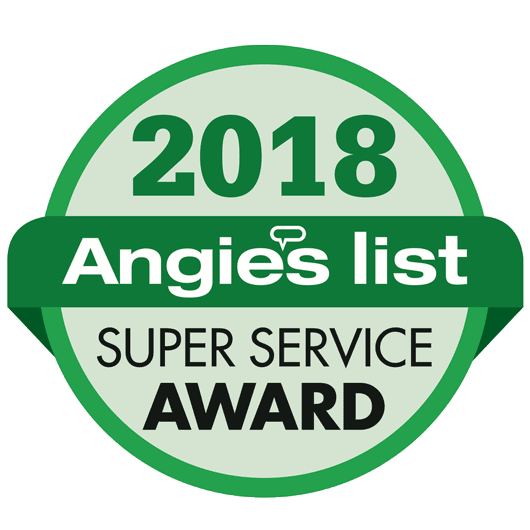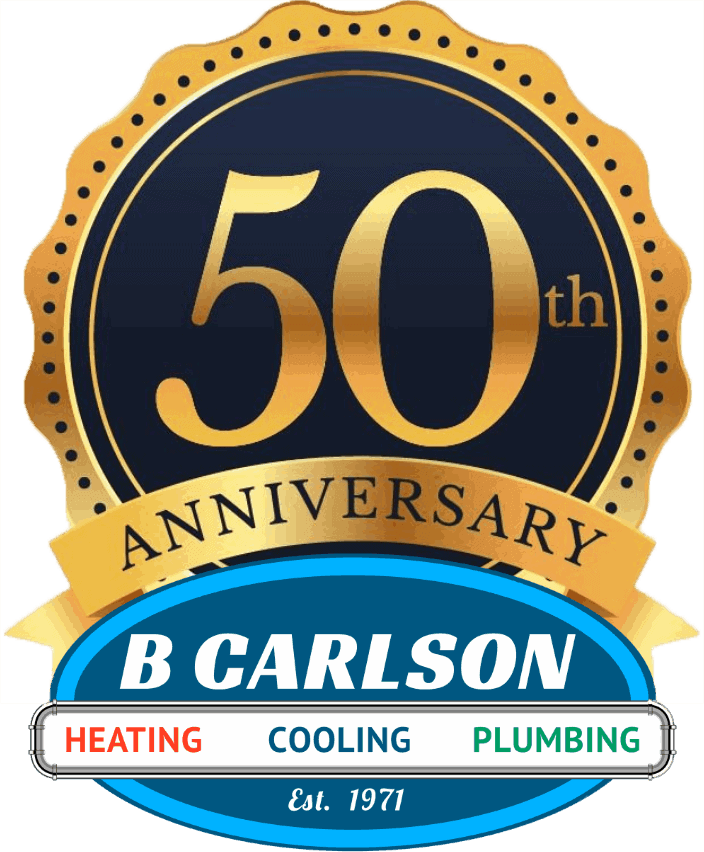If your home or business has radiant heat, the boiler is the heart of the system. If you’re considering boiler installation or boiler replacement in Albuquerque, you need to know that you’re picking the right one. Yet with so many options on the market, how can you make the right choice? This buyer’s guide will help you narrow down your options, so you can choose a boiler that fits your needs well.
Hot Water vs. Steam
Boilers come in two basic types: hot water or steam boilers. The one you need will depend on how your home is set up. If you cannot tell the type of system you currently have, your best option is to have a professional check to ensure you buy the right thing.
That said, some signs that indicate you have a steam system include:
- Baseboard, cast iron, or panel radiators with a vent
- Just one pipe connection
- Glass tube mounted on the side of the boiler (sight glass)
If you notice these, you probably have a hot water system:
- Two pipe connections
- Radiant floor heat
- No sight glass, but a pump or expansion tank nearby
Type of Fuel
Both steam and hot water boilers require fuel, and you have a few options as you choose. These include:
- Natural gas – If you have a gas main sending gas to your stove or other areas of your home, this is likely the type of boiler you need.
- Propane – If your home lacks a natural gas supply, you may have a propane boiler. Propane boilers run off of propane stored somewhere on your property, which you have propane delivered to regularly.
- Fuel oil – In areas where natural gas is rare, fuel oil may be used to power boilers.
- Electric – Sometimes the cost for other types of fuel is quite high, depending on where you live. Electric boilers are an option. These can also be used for heating small areas not connected to your main heating system.
Venting Solutions
Your new boiler will need to move gasses from the combustion process out of your home. To allow for this, boilers have one of three venting options. Again, you will need to choose the one that fits your home’s construction.
- Chimney venting – Chimney venting sends combustion gasses through a vertical chimney that funnels them outdoors. Because the hot gas is less dense than the cooler air inside the home, it naturally flows upward and out of the home. Fresh air is simultaneously pulled into the boiler to replace the vented gas.
- Power venting – This type of venting uses a blower to push gasses outside and pull in fresh air when a chimney is not present. This venting system pulls air from inside the home, then sends the gasses through a pipe into the outdoors.
- Direct venting – When the home has a tight building envelope, pulling outdoor air in to replace vented gasses does not work. Direct venting uses two pipes: one to pull air from the outdoors and the other to expel gasses back outdoors after combustion. This type of boiler works well in homes where the boiler needs to go in a closet or other tight space, making it difficult to pull air from the indoors.
Clearly, when it comes to boilers, you have many options. Make sure you find the right one with the right help. Contact B. Carlson Heating, Air Conditioning & Plumbing for a comprehensive list of boiler services, including boiler replacement and boiler installation, for your Albuquerque home. Let our team help you find the right boiler.






